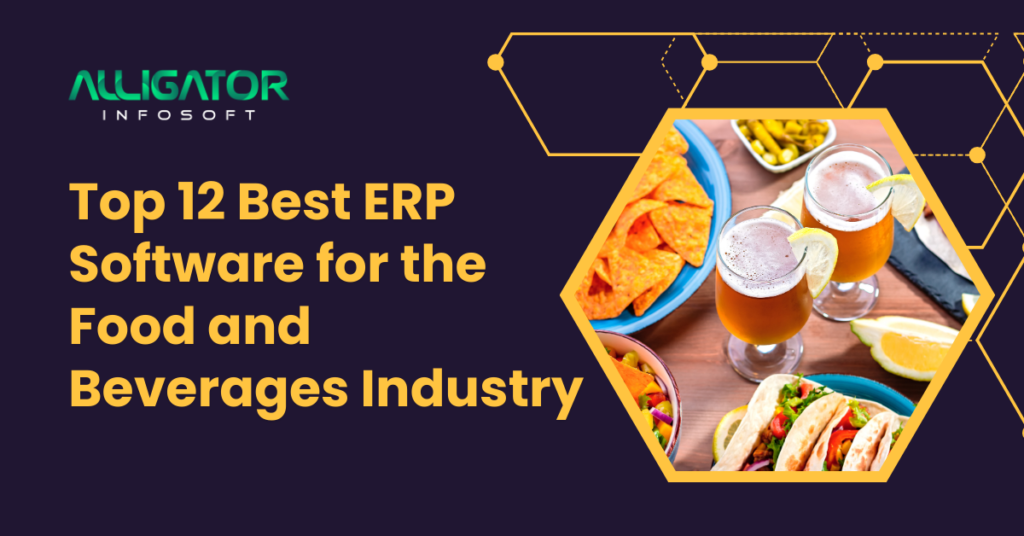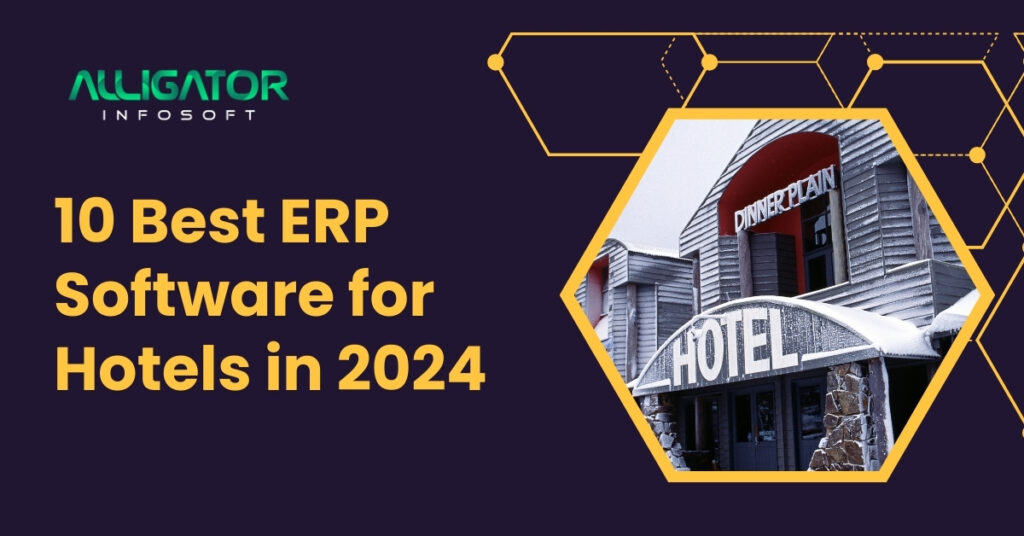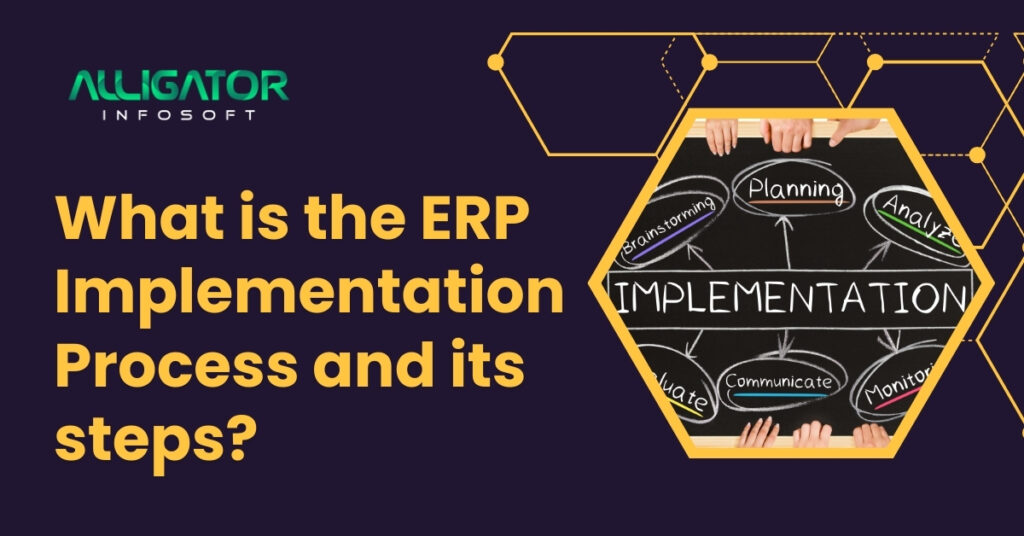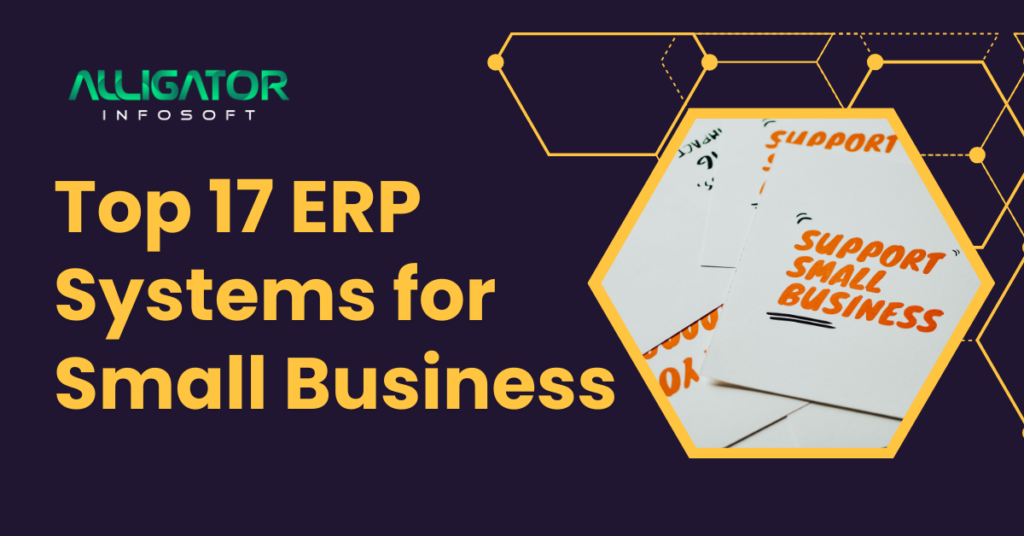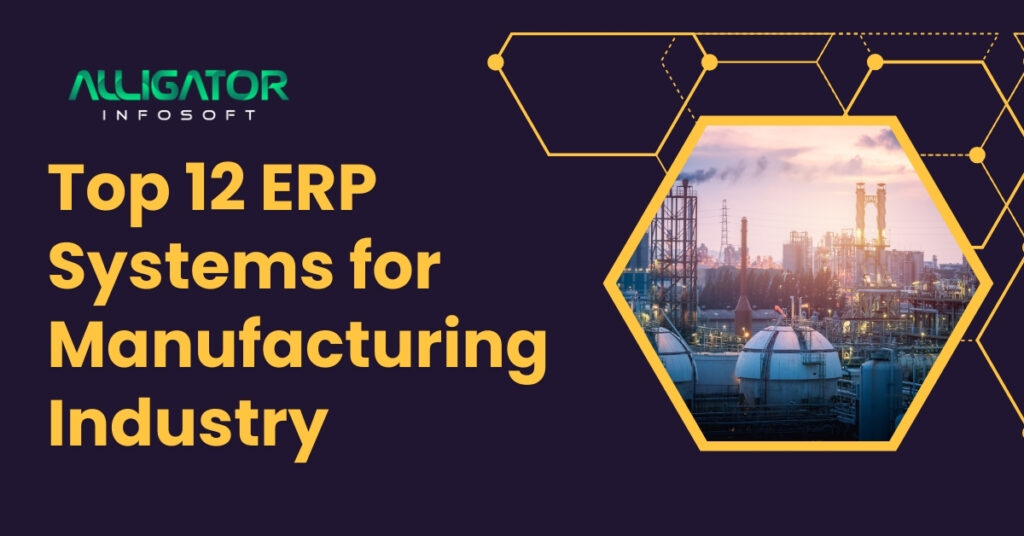Top 15 Reasons Why Heavy Industry Manufacturers Need Odoo ERP
When it comes to heavy industry manufacturing, efficiency isn’t just a goal; it’s a necessity. Manufacturers in sectors like heavy machinery, automotive parts, and industrial equipment face unique challenges daily, from complex supply chains to massive production demands. To stay ahead of the competition and remain profitable, it’s critical to adopt the right tools. This is where Odoo ERP comes in. Odoo is an all-in-one, open-source Enterprise Resource Planning (ERP) solution that helps manufacturers streamline their operations, cut costs, and drive growth. Think about how chaotic it can be to manage multiple departments with disconnected systems—production schedules, inventory management, financial tracking, and customer service all running on separate platforms. This can lead to inefficiencies, errors, and missed opportunities. Odoo solves these problems by centralizing all your business processes in one easy-to-use system. Let’s explore the top 15 reasons why Odoo ERP is essential for heavy industry manufacturers. What is Odoo ERP? Odoo ERP is a powerful tool designed to help businesses manage a wide variety of functions within one platform. Whether it’s handling complex manufacturing processes, managing your inventory, or dealing with payroll, Odoo’s modular approach means you can add the exact features you need and customize it as your business grows. For industries like heavy machinery manufacturing, this level of customization and flexibility is vital. Since Odoo is open-source, it’s also incredibly cost-effective compared to traditional ERP systems. Plus, it’s scalable, meaning as your business expands, your ERP solution can grow with it. Odoo’s ability to integrate across multiple departments makes it especially useful for manufacturers who need a unified solution to manage everything from production to customer relationships. 15 Reasons Why Heavy Industry Manufacturers Need Odoo ERP 1. Centralized Data Management One of the main advantages of Odoo ERP is its ability to centralize all your data. Instead of dealing with separate systems for finance, sales, inventory, and production, Odoo unifies all these elements. This not only streamlines your workflows but also reduces the risk of errors due to inconsistent data across different systems. Whether you’re looking at inventory levels or tracking customer orders, all the information you need is in one place, making it much easier to make informed decisions quickly. 2. Boosted Production Efficiency Manufacturing is all about efficiency, and Odoo ERP is built to optimize production processes. With features like automated scheduling, real-time tracking of production stages, and resource management, Odoo helps ensure that your factory is operating at peak performance. It reduces downtime, minimizes human error, and ensures you’re making the most of your resources, whether that’s raw materials, equipment, or workforce. 3. Real-Time Reporting and Analytics In manufacturing, timely insights are critical. Odoo’s real-time reporting capabilities give you up-to-the-minute data on everything from production progress to financial performance. By using intuitive dashboards, managers can quickly identify any issues, make adjustments on the fly, and keep operations running smoothly. With this level of insight, you’re always a step ahead in making strategic decisions that drive growth. 4. Streamlined Inventory Management Inventory management can be a headache in heavy industries. Stock levels can fluctuate, and managing raw materials for production can be complex. Odoo’s inventory management module makes this process simple by allowing you to track stock in real-time. It also helps with demand forecasting, so you never run into stockouts or overstock issues. The result? Reduced costs, fewer delays, and an optimized supply chain. 5. Improved Supply Chain Coordination Heavy industry manufacturing often involves complex supply chains that require careful coordination. Odoo connects suppliers, logistics, and production teams, creating a smooth flow of materials from start to finish. This improves lead times, reduces disruptions, and helps keep your production lines moving efficiently. No more worrying about missed shipments or late deliveries! 6. Lower Operational Costs When all parts of your business are connected in one system, you can identify inefficiencies much more easily. Odoo helps you streamline workflows, reduce redundant processes, and optimize resource allocation. As a result, you’ll find that your operational costs decrease significantly. Over time, the savings add up, and you can reinvest those funds into growing your business. 7. Enhanced Compliance and Quality Control For manufacturers in sectors like heavy machinery, staying compliant with industry regulations is crucial. Odoo helps ensure that your operations are always up to code by providing built-in tools for managing compliance documentation, quality control checks, and audits. It tracks everything from raw materials to finished products, ensuring that quality standards are met every step of the way. 8. Customizable to Your Needs Every heavy industry manufacturer has unique challenges. Whether you’re producing machinery, automotive components, or anything in between, Odoo ERP is highly customizable. It can be tailored to meet your specific industry needs, so you’re not stuck with a one-size-fits-all solution. This flexibility makes it ideal for businesses in manufacturing who need to manage complex processes efficiently. 9. Scalability for Business Growth As your business grows, Odoo ERP grows with you. You can add new users, departments, and locations without disrupting operations. This scalability ensures that you won’t outgrow your ERP system as your business expands, saving you from the costly and time-consuming task of switching to another platform down the road. 10. Integrated Financial Management Managing finances is one of the most critical aspects of any manufacturing business. Odoo integrates financial functions like accounting, budgeting, and reporting with manufacturing and inventory management. This unified approach ensures accurate financial data, timely invoicing, and streamlined tax compliance, so you can focus on running your business. 11. Customer Relationship Management (CRM) Customer relationships are vital in the manufacturing industry, and Odoo’s CRM module helps you maintain a strong connection with clients. From managing sales leads to tracking customer interactions, Odoo makes it easier to provide excellent customer service and improve sales conversion rates. By tying CRM with production and inventory data, you can better predict and meet customer demand. 12. Better Workforce Management Managing a workforce in a large-scale manufacturing operation can be a challenge. Odoo’s HR module makes it simple to manage employee schedules,





